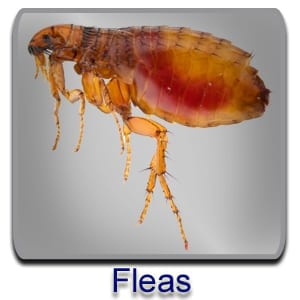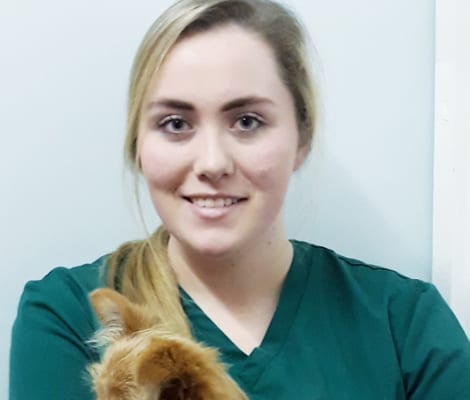 By Laura Kellegher, RVN, Henry Street Vets.
By Laura Kellegher, RVN, Henry Street Vets.
Fleas are ectoparasites that feed on the blood of mammals or birds. They are specialised in one host species, but in a strong infestation, they can reproduce on other species. So, if you have a dog and a cat, they have two different types of fleas, but they can cross over. Most fleas on cats and dogs are the ‘cat flea’.
Adult fleas bite the host in order to take a blood meal. Fleas can transmit other pathogens such as tapeworm or the agents that cause feline leukaemia. The species of the flea may be identified by the appearance of the head.
Problems in animals:
- Scratching and irritation
- Self-trauma
- Development of an allergic dermatitis
- Host of tapeworm
- Transmission of disease
- Anaemia in heavily infested animals
- Secondary infections with bacteria & yeast may also occur.
Diagnosis
Demonstration of an adult flea or their faeces in the coat of a dog or cat by combing the coat thoroughly preferably with a very fine-toothed comb (e.g. a human louse comb).
Fleas have 4 life stages – egg, larva, pupa and imago (adult). Adult fleas are only 5% of the problem. Most of the infestation is made up of eggs, larvae and pupae. These can remain in the house for up to 1 year before hatching.
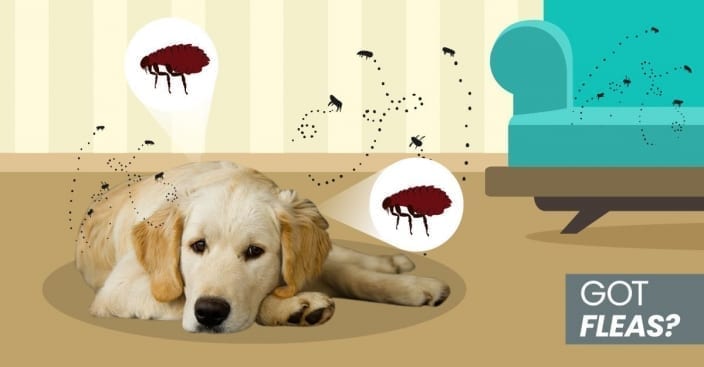
The environment (house, kennel, hutch, bedding) must also be treated, usually with a household spray. Hoovering, particularly around where the pet sleeps.
So, how do we get rid of them?
In Henry street Vets, Clare Street Vets and Shannon Vets we have a large range of flea protection products. You can choose between products that last for 30 days or 90 days. The range of products for flea treatment includes spot-ons, sprays, or tablets, as they have the best protection rate.
Some flea treatments only treat adult fleas as they bite our pets; they do not treat the larvae or pupae that will grow into adults in a matter of weeks, meaning your pet will continue to be infested. These are the most likely products you will find in shops and supermarkets.
Your vet can offer products that take care of fleas in all life stages. Ask our vets which product offers the best protection for your pet. All pets in the house must be treated. By protecting your pet from fleas, you protect yourself and your family too. As always prevention is better than cure.
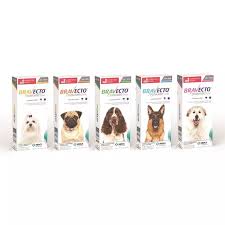
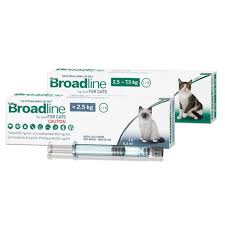
Fleas are ectoparasites that feed on the blood of mammals or birds. They are specialised in one host species, but in a strong infestation, they can reproduce on other species. So, if you have a dog and a cat, they have two different types of fleas, but they can cross over. Most fleas on cats and dogs are the ‘cat flea’.
Adult fleas bite the host in order to take a blood meal. Fleas can transmit other pathogens such as tapeworm or the agents that cause feline leukaemia. The species of the flea may be identified by the appearance of the head.
Problems in animals:
- Scratching and irritation
- Self-trauma
- Development of an allergic dermatitis
- Host of tapeworm
- Transmission of disease
- Anaemia in heavily infested animals
- Secondary infections with bacteria & yeast may also occur.
Diagnosis
Demonstration of an adult flea or their faeces in the coat of a dog or cat by combing the coat thoroughly preferably with a very fine-toothed comb (e.g. a human louse comb).
Fleas have 4 life stages – egg, larva, pupa and imago (adult). Adult fleas are only 5% of the problem. Most of the infestation is made up of eggs, larvae and pupae. These can remain in the house for up to 1 year before hatching.
The environment (house, kennel, hutch, bedding) must also be treated, usually with a household spray. Hoovering, particularly around where the pet sleeps.
So, how do we get rid of them?
In Henry street Vets, Clare Street Vets and Shannon Vets we have a large range of flea protection products. You can choose between products that last for 30 days or 90 days. The range of products for flea treatment includes spot-ons, sprays, or tablets, as they have the best protection rate.
Some flea treatments only treat adult fleas as they bite our pets; they do not treat the larvae or pupae that will grow into adults in a matter of weeks, meaning your pet will continue to be infested. These are the most likely products you will find in shops and supermarkets.
Your vet can offer products that take care of fleas in all life stages. Ask our vets which product offers the best protection for your pet. All pets in the house must be treated. By protecting your pet from fleas, you protect yourself and your family too. As always prevention is better than cure.

